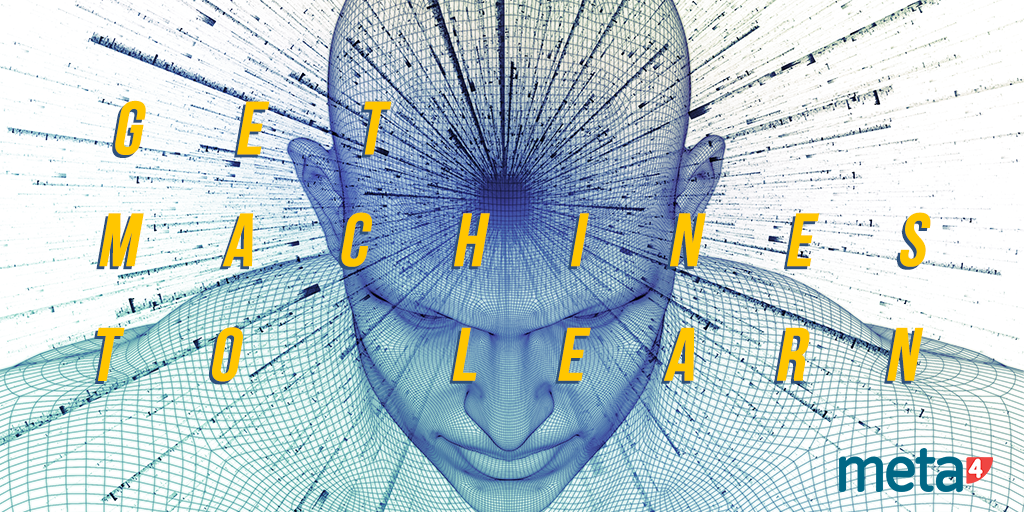Most engineers I know have not solved a calculus integral since they left school. Today they wouldn’t know how to tackle one of those calculus problems that only took them a few minutes to do as students. What is the point of keeping up a skill, which in practice, they won’t use in their work? They have tools that can automate this task, without margins of error and in less time.
People with all kinds of higher degrees do not see a direct relationship between the academic studies they did and their careers. They think that in their academic phase they memorized large volumes of structured information that, either has become obsolete or is available in repositories to which they have 24/24 access from anywhere. We stop memorizing at the point when the system storing the information is sufficiently reliable, up-to-date and accessible.
How many of our peers who are over 40 allude to the time when they memorized frequently used telephone numbers? Today, they have no need to remember this data because it suffices to search for the person in the smartphone calendar or to simply talk into the device to call up that person. Many admit to memory loss due to a lack of practice, but they think the skill atrophy is more than compensated by the benefits they gain,
Besides, what about the laborious effort it takes us to learn several languages? Today we have virtual assistants who act as interpreters almost in real time. We already have technology that is sufficiently developed to make ear implants so that we can listen in our own language to conversations with others using different languages.
It is true that natural language and the problems expressed in an unstructured and informal way pose a considerable challenge for automated systems. Irony, double meanings and many other resources shaping our conversations have been an almost insurmountable barrier for machines. Artificial intelligence is overcoming this hurdle. It enables problems to be tackled with levels of flexibility and adaptability that are disturbingly like human ones.
Having reached this point, many people (and companies) wonder how useful the learning formats we have been using over the recent centuries are. We dedicate time and resources to acquire skills that, when we use them, they are already no longer needed: the tasks we have prepared for can be done by automated systems. Wouldn’t it make more sense to allocate these resources to develop machine learning? In theory, it would be enough for us to know what we can expect from the systems available and how to access the knowledge they generate and store.
The bewilderment spurred by these reflections have opened an interesting debate. Here I have summarized some of the reflections form different forums that may provide insights for guidelines to learning in families and companies:
- The ability for calculation, memory and other sophisticated intellectual skills exercise extraordinarily complex neural structures, formed through evolutionary processes over thousands of years. Systematically neglecting these skills leads to atrophy with erratic outcomes. True, intensive use of technology sets into motion other processes that will make us evolve in a different direction, but it is not clear that these changes will favour mankind.
- Different languages are not just interchangeable codes to express the same reality. Every one of nearly 7,000 languages that human beings use shapes our way of thinking, as Lera Boroditsky conveyed clearly. Quoting Charlemagne, who says, “To have a second language is to possess a second soul.”
- The experience with previous industrial revolutions shows the risk of skills atrophy. When we no longer need to exercise our muscles to do activities when our survival is at stake, the problems linked with obesity and a sedentary lifestyle shoot up. However, it is also true that because of our knowledge of biomechanics and the advances in nutrition techniques, physiotherapy, and others, we find among elite athletes who are the fastest ever human beings in history or who lift the heaviest weights ever recorded.
Let’s not develop skills to compete with machines more efficient than humans for the same tasks, but to compete with ourselves, in a relentless effort to fully realize our highest potential as individuals and as a species.






